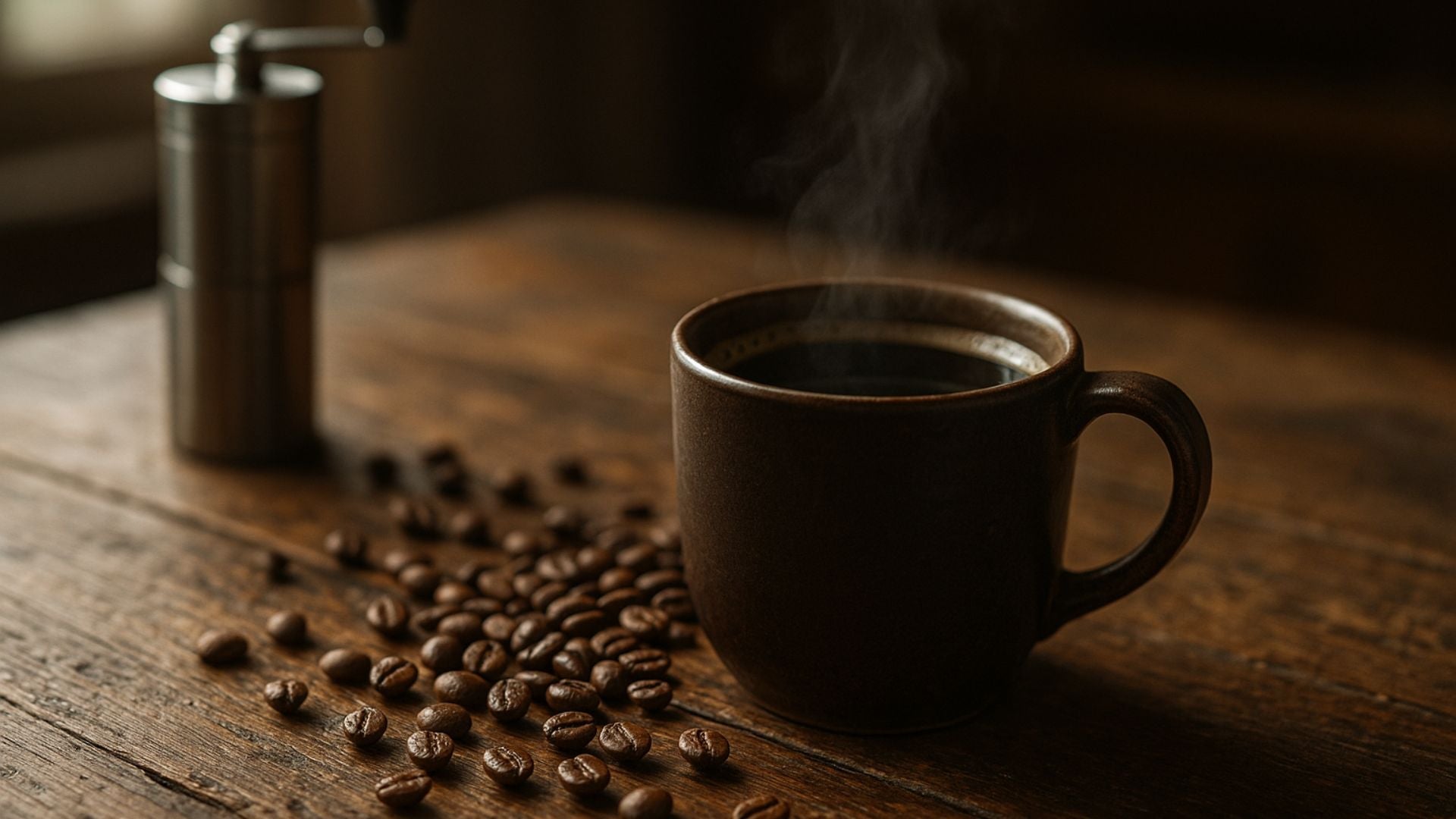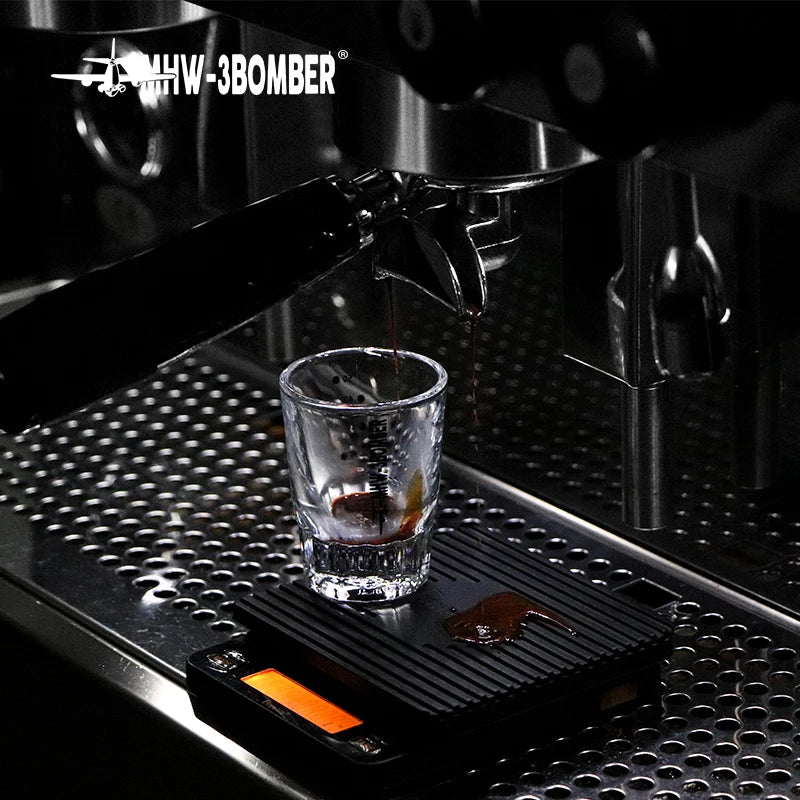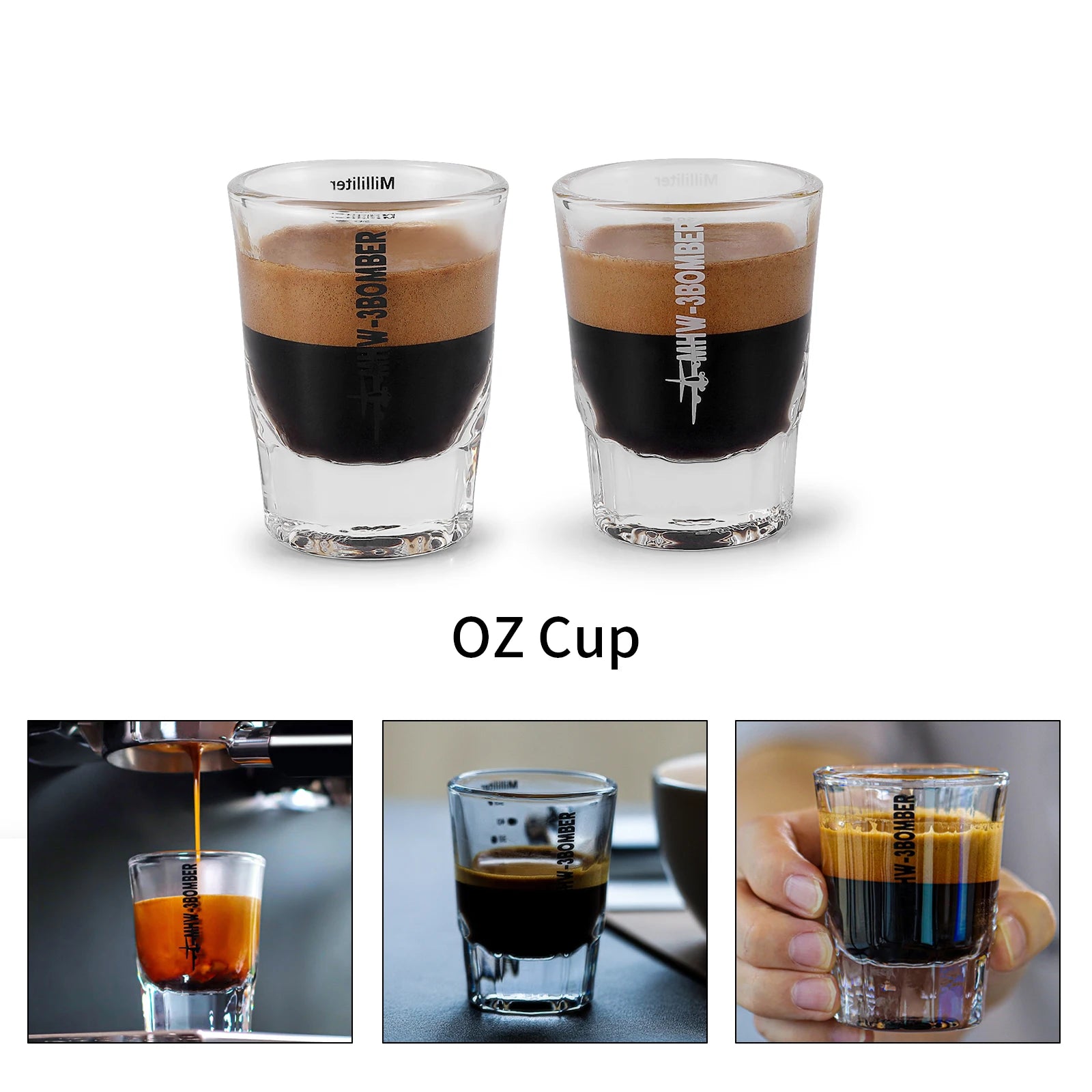There’s nothing worse than waking up, grinding your beans, brewing that first cup, and then taking a sip only to be met with bitterness. I’ve been there countless times, wondering what went wrong.
As an avid coffee lover, I’ve learned that bitterness isn’t just bad luck, it’s usually a sign that something in the brewing process needs a small tweak. When I first started experimenting at home, I assumed bitterness was “just how coffee tastes.” But once I began diving into why it happens, my coffee transformed from harsh and uninviting into smooth, balanced, and delicious. Let’s walk through the culprits behind bitter coffee and, more importantly, how to fix them.
Over-Extraction: The Biggest Culprit
Bitterness usually comes from over-extraction. This happens when hot water pulls too much from the coffee grounds, not just the rich, sweet notes, but also the harsh compounds lurking deeper in the bean. If you brew for too long, or if your grind is too fine, you’re likely over-extracting. A quick fix? Try a slightly coarser grind or shortening your brew time. I discovered this while brewing with my French press. Leaving it to steep for six minutes instead of four made my cup taste like ash. Once I cut it back, the bitterness melted away.
The Water Factor
Water makes up more than 95% of your cup, yet it’s the most overlooked ingredient. Using water straight from the tap, especially if it’s high in chlorine or minerals, can make bitterness more pronounced. Filtered water gives a cleaner cup and allows the coffee’s natural sweetness to shine. I invested in a simple filter jug, and the difference was dramatic.
Temperature Matters More Than You Think
Many people pour boiling water directly over their grounds. The problem? Water at 100°C can scorch your coffee. Aim for just-off-the-boil, around 90–96°C. I still remember the first time I measured temperature with a thermometer. I thought it was overkill, but once I stopped burning my beans, the bitterness dropped away and subtle notes of caramel and chocolate emerged.
Old Beans, Bitter Brew
Coffee beans are best within a few weeks of roasting. Once they sit too long, they lose sweetness and highlight bitter notes. If your bag has been sitting open in the pantry for months, no amount of technique can save it. Keep beans in an airtight container, out of sunlight and away from moisture. If you really want to stretch them, divide into small airtight jars and freeze, pulling out just what you need for a week at a time.
Clean Gear, Clean Taste
Residual oils from old brews cling to grinders, filters, and French presses. These oils go rancid and add bitterness. A quick rinse isn’t enough, give your gear a proper clean with warm water and gentle soap regularly.
When Roast Level Plays a Role
Dark roasts are naturally more bitter due to the roasting process. If you’re not a fan of those smoky notes, try medium roasts instead. They often highlight nutty or chocolate flavours with less harshness.
Balancing the Cup
Sometimes, despite our best efforts, a little bitterness sneaks in. Don’t be afraid to balance your brew: add a splash of oat milk for creaminess, sprinkle cinnamon for warmth, or even use a tiny touch of sugar. The point of coffee is enjoyment, not perfection.
Conclusion
Bitterness doesn’t mean your coffee is doomed. It’s simply your cup telling you to adjust. Once you experiment with grind size, brew time, water temperature, and freshness, you’ll be amazed at how quickly bitterness gives way to smooth, satisfying flavour. And if you want to take your brew to the next level, consider upgrading your grind. A consistent burr grinder makes all the difference, check out our Manual Coffee Grinders to find one that suits your setup.








